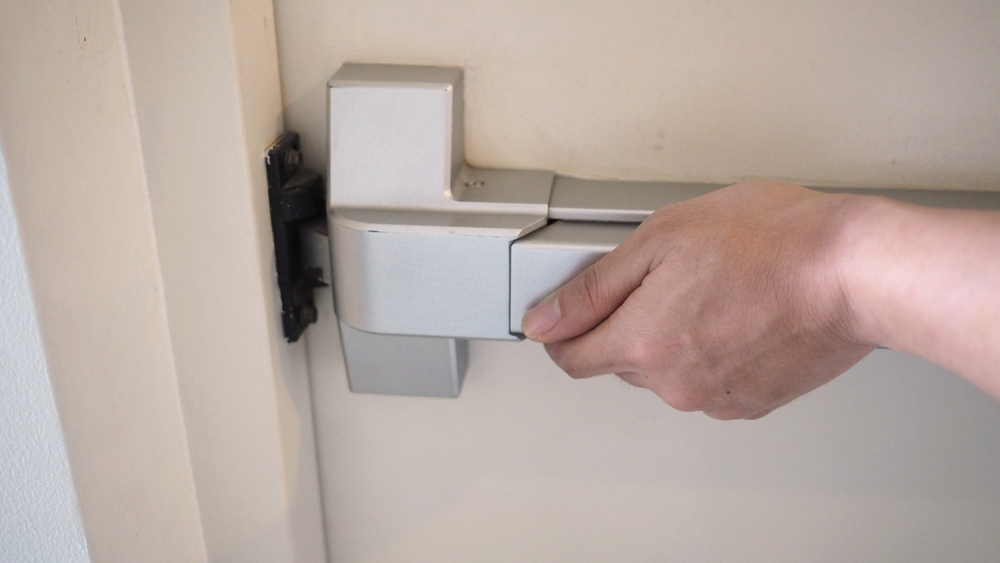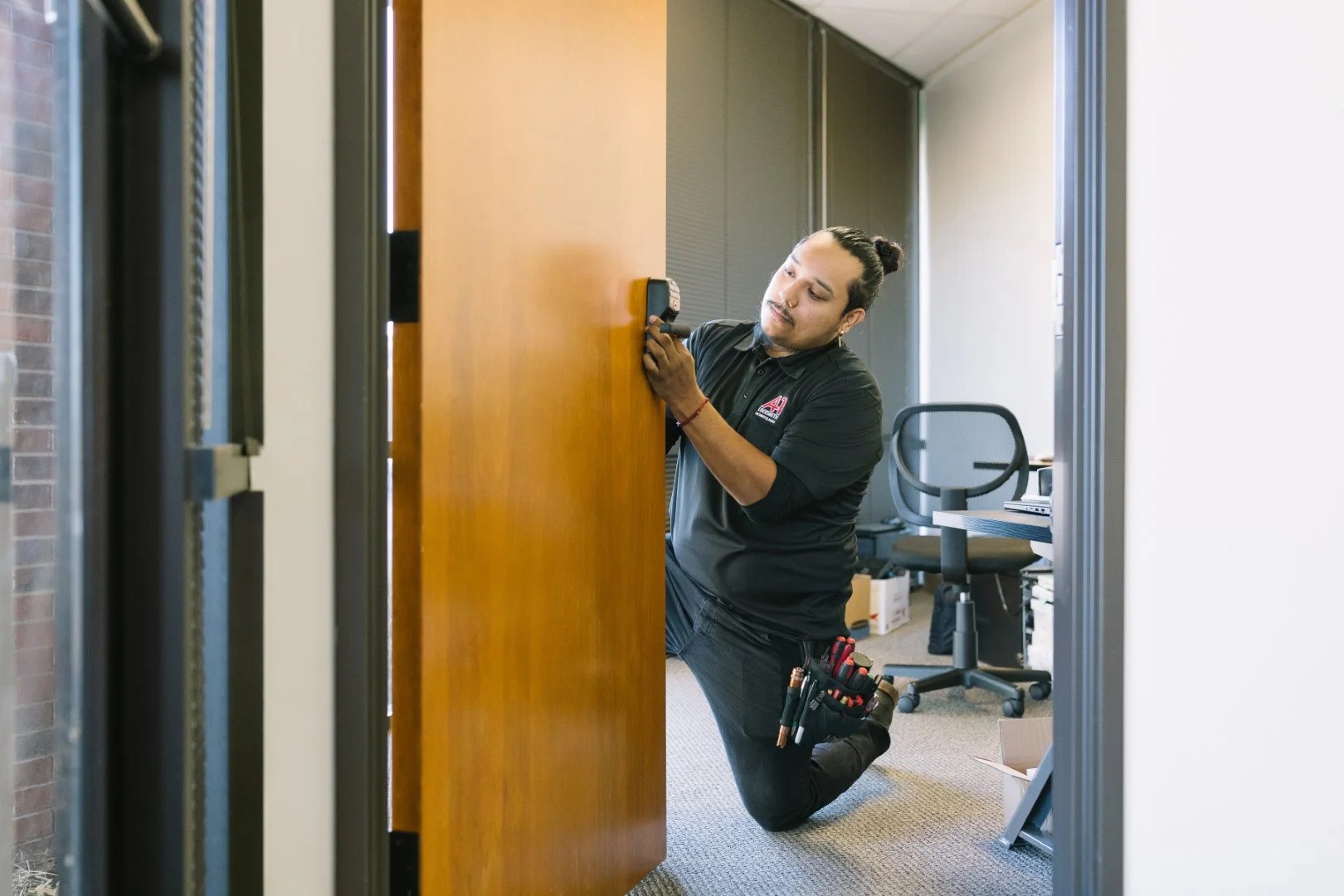Thanks to the advancement of technology, we no longer need things like phone booths, digital cameras and print magazines. Yes, all of these are still available today, but there are more efficient and better solutions available. Physical keys are the same way.
After all, you don’t need a physical key to access your home, business or vehicle. You can use your smartphone, a code/combination, your thumbprint and other biometrics, instead. Does that mean physical keys are obsolete? Let’s go over the key options you have today and whether physical keys still make sense or not.
Key Options Available Today
Physical keys are historically the most popular (and often only) option for security, whether it’s for your car, home or business. But they’re not the only option. Just like there are several types and brands of smartphones, the same goes for keys. Here is a sampling of the different key options available today:
- Mechanical Keys: These keys are popular, basic and what most people associate with physical keys. While losing prominence, these were traditionally the most prevalent types of keys used for cars, residences, lockers and other basic devices. They don’t include electronic components to confirm that the key is valid.
- Programmable Remotes: Programmable remotes can lock your car, unlock your car, sound the alarm and/or open the trunk. They usually have a warranty and can be replaced by a dealership or professional locksmith.
- Transponder Keys: These are currently the most common car keys used by manufacturers. Like remotes, these keys need to be programmed to the vehicle in order to start it, so they usually require the assistance of a locksmith or dealership.
- Laser-Cut Transponder Keys: Think of laser-cut transponder keys as transponder keys with a bit of extra security. These are laser-cut to exact specifications and require extensive knowledge of rekeying and locksmithing.
- Remote/Key Combos: These are also more and more common these days. Remote/key combos are exactly what they sound like: a combination remote and key.
- Proximity FOBs: One of the newer car access options, proximity keys or FOBS look like remotes (and can even have buttons on them), but they can often start the car or unlock the doors when you’re near the vehicle.
- Tibbe Keys: Finally, Tibbe keys are limited to certain types of vehicles, such as Ford and Jaguar. They’re pretty rare.
When Physical Keys Make Sense
There are advantages and disadvantages when it comes to physical keys. One of the biggest cons is that you can easily lose a physical key, or someone can steal it and make a copy. Security isn’t as advanced with physical keys, either. That being said, physical keys give you peace of mind since you have more control over where your key has been and whether it’s compromised or not. Keyless entry options can also be hacked and you can forget your combination or smart phone to open it. But locks without physical keys can also often be activated remotely and have other conveniences.
Typically, physical keys make the most sense as a low-cost option with zero technical conditions that would limit use cases.
If you’re thinking about upgrading your keys for your home, automobile or business, give A-1 Locksmith a call today for a consultation.














